Budget in Photogrammetry - Affordable to Medium to Premium
 Lukas
Zmejevskis
Lukas
Zmejevskis
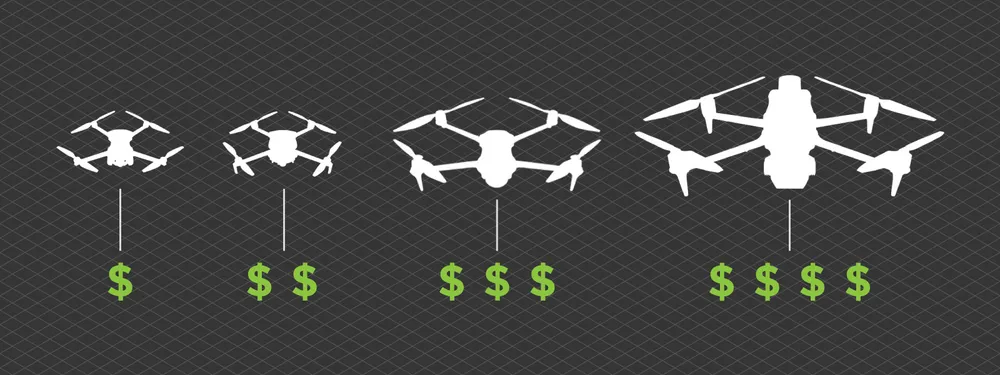
Photogrammetry, like many other professions, hobbies, or disciplines, can have different budget tiers. In this article, I will provide my opinion on what I consider to be photogrammetry gear, ranging from affordable to premium to high-end tiers. I will consider only the essentials: image-capturing devices, both aerial and handheld. If we allowed ourselves to delve deeply enough, there would be no end to the various accessories, just as in all walks of life.
Most Affordable Photogrammetry Solutions
Terrestrial capture – in other words, a handheld camera. If we are talking about the most affordable, chances are you already have a decent camera in your pocket. Modern smartphones can capture high-quality photos outdoors with their main cameras, which are often sufficient for 3D reconstruction as long as the fundamental scanning principles are met.
I often use words like "modern" or "decent". However, how does one decide if a phone, or more precisely its camera, falls under that category? Technically, we could discuss sensor sizes and apertures, but I do not think that would be practical. There are just too many phones on the market and too many variables to consider. So, in this case, I would simply ask: Do the photos look good to you subjectively on a big screen? Do they somewhat accurately represent the real world you just took a picture of? If you can confidently answer "yes", that is great; you have a competent smartphone camera that will be good enough for photogrammetry.
If you answer "no" and want to upgrade your smartphone, start by deciding on your budget and the features you need, such as camera quality or software support. For a straightforward recommendation, consider getting a 300+ euro/USD Android phone from this list:
https://www.gsmarena.com/best_midrange_allrounders_buyers_guide-review-2032.php#300
This list provides recent models with reliable camera performance for photogrammetry work.
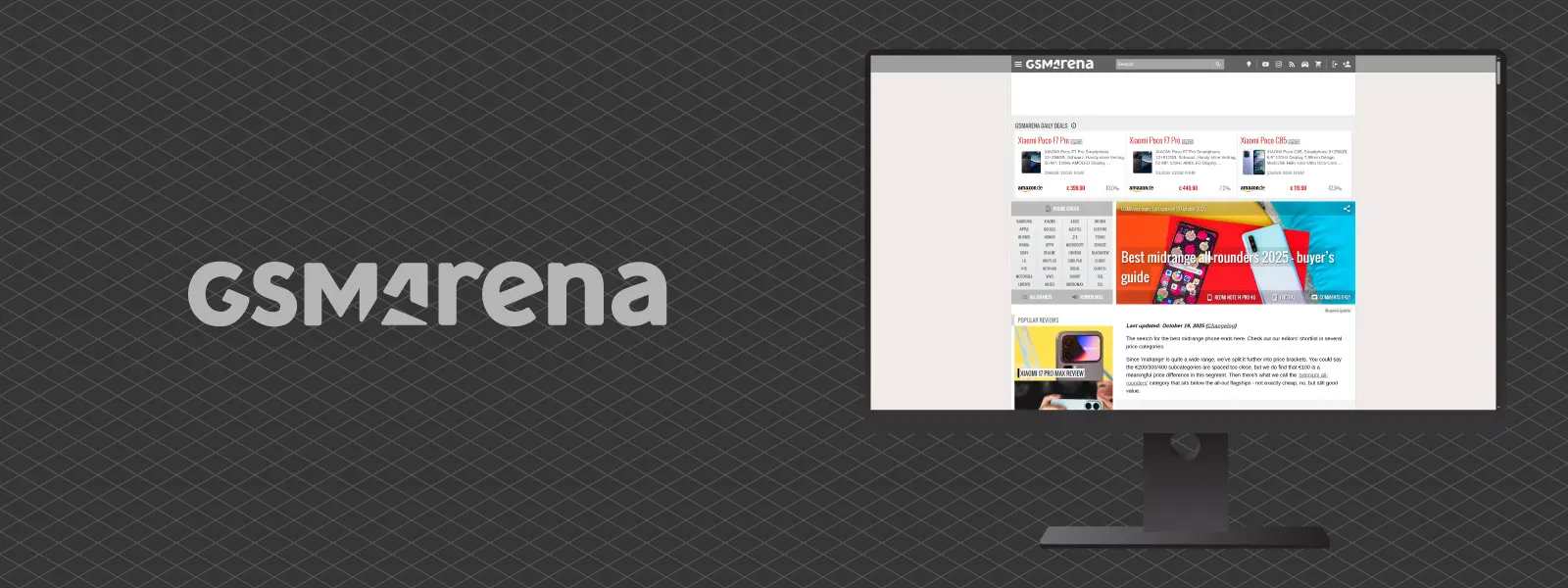 GSM Arena is my go-to source for all things smartphones, a real human-made article/review website just like this blog. And if you have more budget, you have nothing to worry about.
GSM Arena is my go-to source for all things smartphones, a real human-made article/review website just like this blog. And if you have more budget, you have nothing to worry about.
Aerial capture – for entry-level aerial photogrammetric capture, I recommend using the DJI Mini 3. It is the most affordable drone with a decent camera and flight planning support from older SDK-style (Software Development Kit) apps, which allow you to program drone flight paths. For that, you will need to get it with the screenless remote, use an Android device, and find a third-party planning app and sideload it (sideloading means manually installing an app not from the main app store). Yes, that is a lot of caveats, but you can achieve great results with this combo for the lowest price possible.
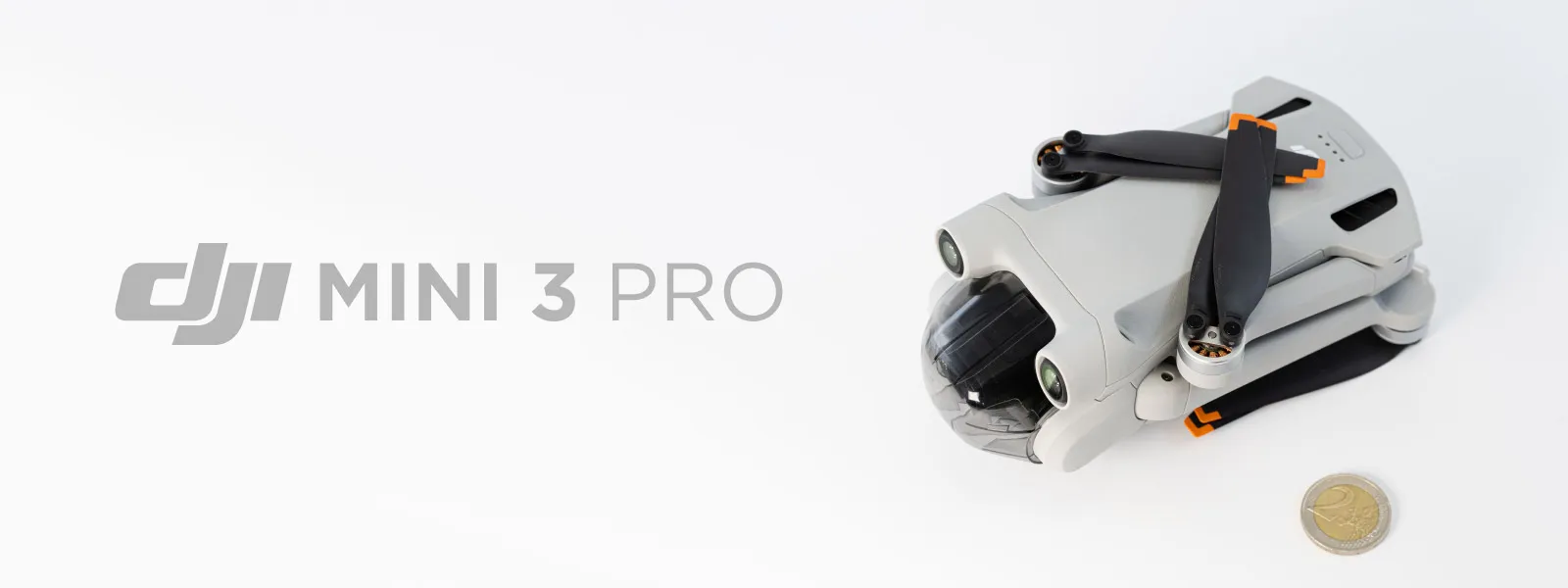 Purchasing a drone from the second-hand market is an alternative, but it requires comfort with the process of dealing with people. The Mini 3 or Mini 3 Pro remains the suggestion. For users preferring a remote with a screen and Pixpro Waypoints, the DJI Mini 4 Pro with DJI RC2 offers an affordable combination.
Purchasing a drone from the second-hand market is an alternative, but it requires comfort with the process of dealing with people. The Mini 3 or Mini 3 Pro remains the suggestion. For users preferring a remote with a screen and Pixpro Waypoints, the DJI Mini 4 Pro with DJI RC2 offers an affordable combination.
Medium Budget Photogrammetry Gear
Terrestrial capture – in the medium tier, I would still recommend using a smartphone for terrestrial capture. Ideally, one that offers manual control for its camera, because that alone could upgrade the overall scan quality from "affordable" to "medium" tier. Of course, that requires a bit of knowledge and skill, and not all phones offer "Pro" camera controls. However, if yours does allow changing the ISO and shutter speed, it probably also has a quite decent main camera.
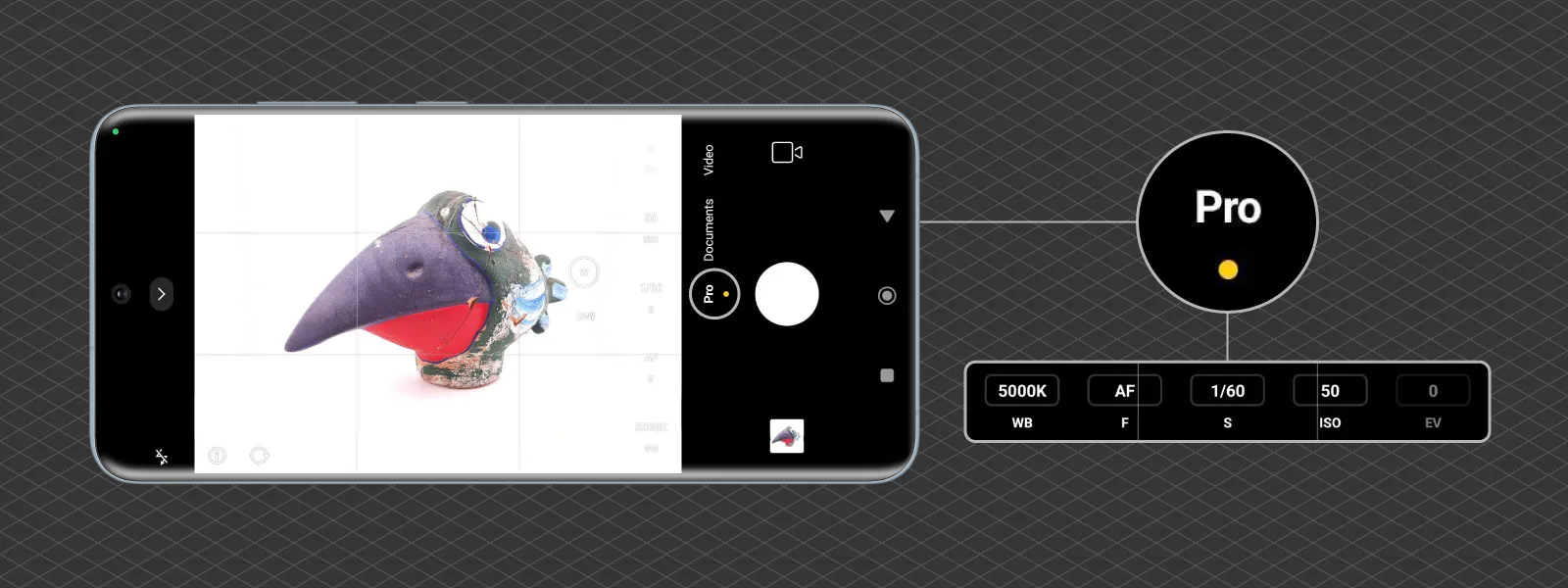 Aerial capture – in the medium tier, I recommend getting the brand-new DJI Mini 5 Pro with an RC2 and using it with Pixpro Waypoints. This package is unbeatable. C0 class regulations, excellent image quality, safety features, and all basic automation are covered by Pixpro Waypoints, which is an extremely affordable service, coming in free of charge if you already have any of the subscriptions.
Aerial capture – in the medium tier, I recommend getting the brand-new DJI Mini 5 Pro with an RC2 and using it with Pixpro Waypoints. This package is unbeatable. C0 class regulations, excellent image quality, safety features, and all basic automation are covered by Pixpro Waypoints, which is an extremely affordable service, coming in free of charge if you already have any of the subscriptions.
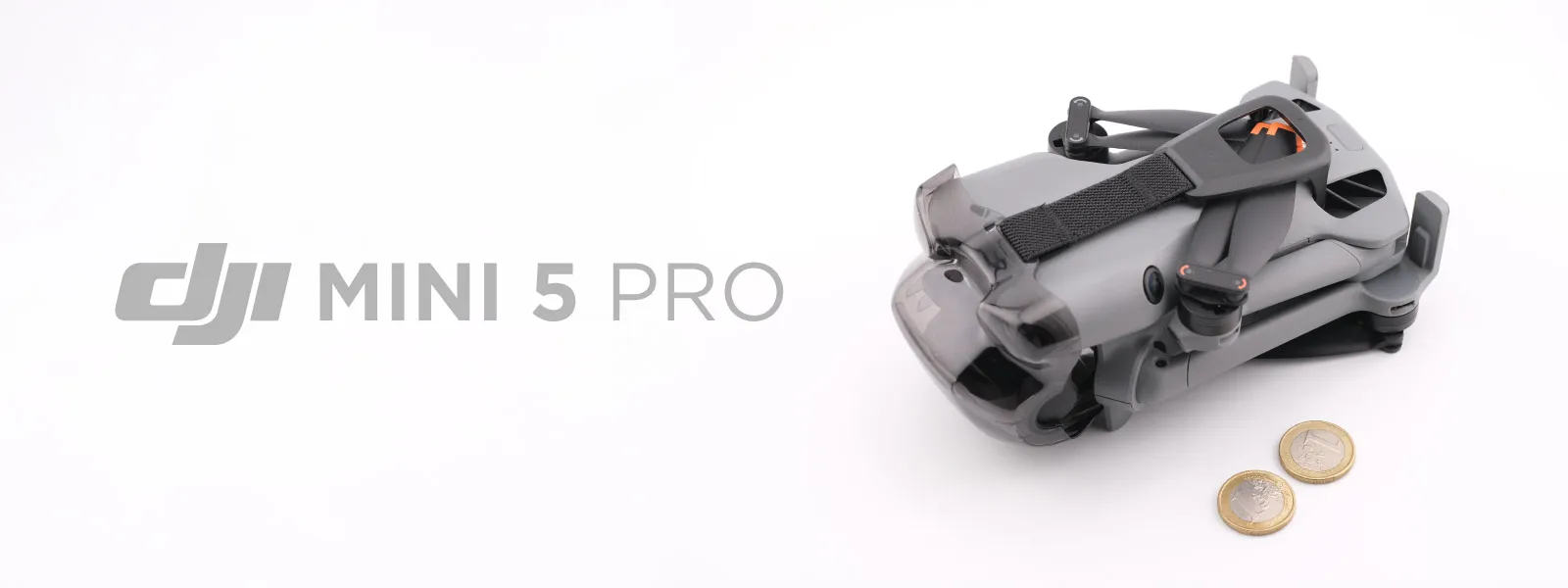 The DJI Mini 5 Pro also surpasses even the best smartphones for photography. So if you do both aerial and terrestrial 3D scanning, you can use your drone as a camera. It is a little awkward, but the results are worth it, and you will not need to worry about your smartphone camera.
The DJI Mini 5 Pro also surpasses even the best smartphones for photography. So if you do both aerial and terrestrial 3D scanning, you can use your drone as a camera. It is a little awkward, but the results are worth it, and you will not need to worry about your smartphone camera.
Premium Grade Photogrammetry
Terrestrial capture – if we are talking premium, now we have a precedent for getting a real camera for photogrammetry. To really justify a leap from a good smartphone to a dedicated device, we need to feel the difference. For that, we need an entry-level full-frame camera with a decent lens. "Full frame" refers to a large sensor size, which enables you to achieve substantially better image quality while retaining the convenience and speed of using a real camera.
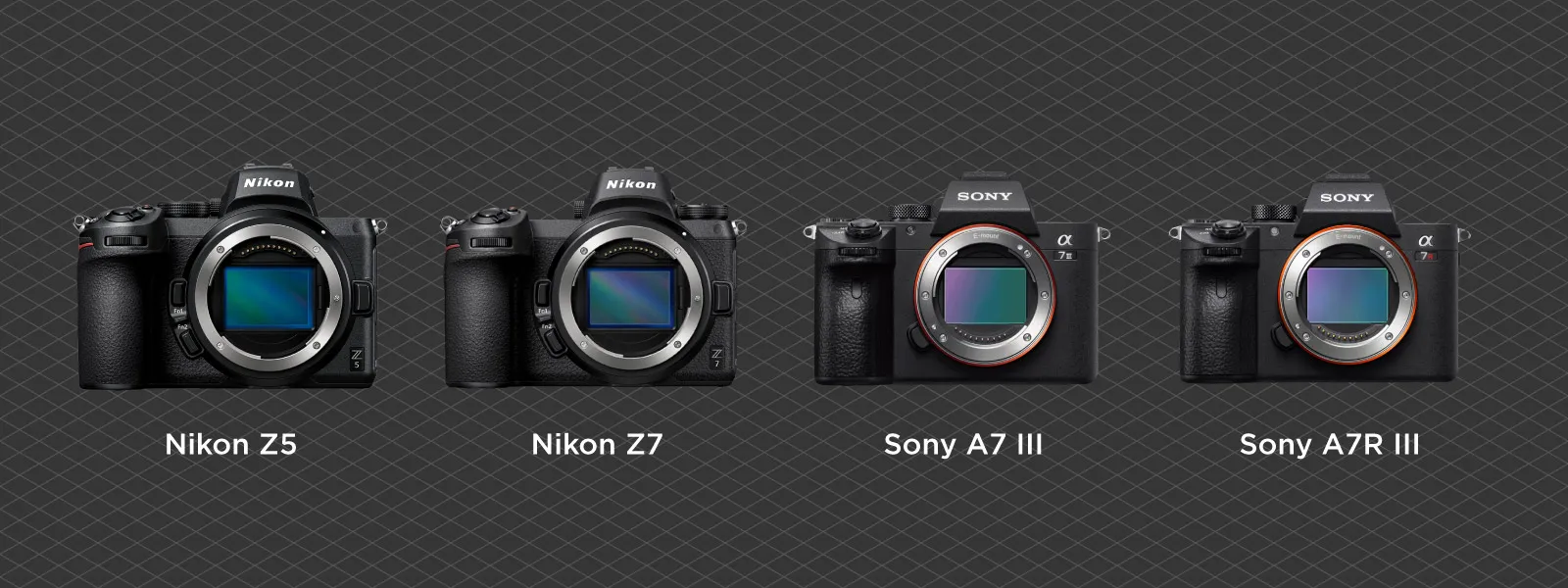 Purchasing an older-generation full-frame camera, either used or refurbished, would be the most efficient route. Such cameras include the Nikon Z5, Nikon Z7, Sony A7 III, and Sony A7R III. If you can find these in a reputable store or buy them from a trusted friend or photographer, that would be the best option in my opinion. If buying new from a store is the only option, I would opt for the Nikon Z5, which is still on sale.
Purchasing an older-generation full-frame camera, either used or refurbished, would be the most efficient route. Such cameras include the Nikon Z5, Nikon Z7, Sony A7 III, and Sony A7R III. If you can find these in a reputable store or buy them from a trusted friend or photographer, that would be the best option in my opinion. If buying new from a store is the only option, I would opt for the Nikon Z5, which is still on sale.
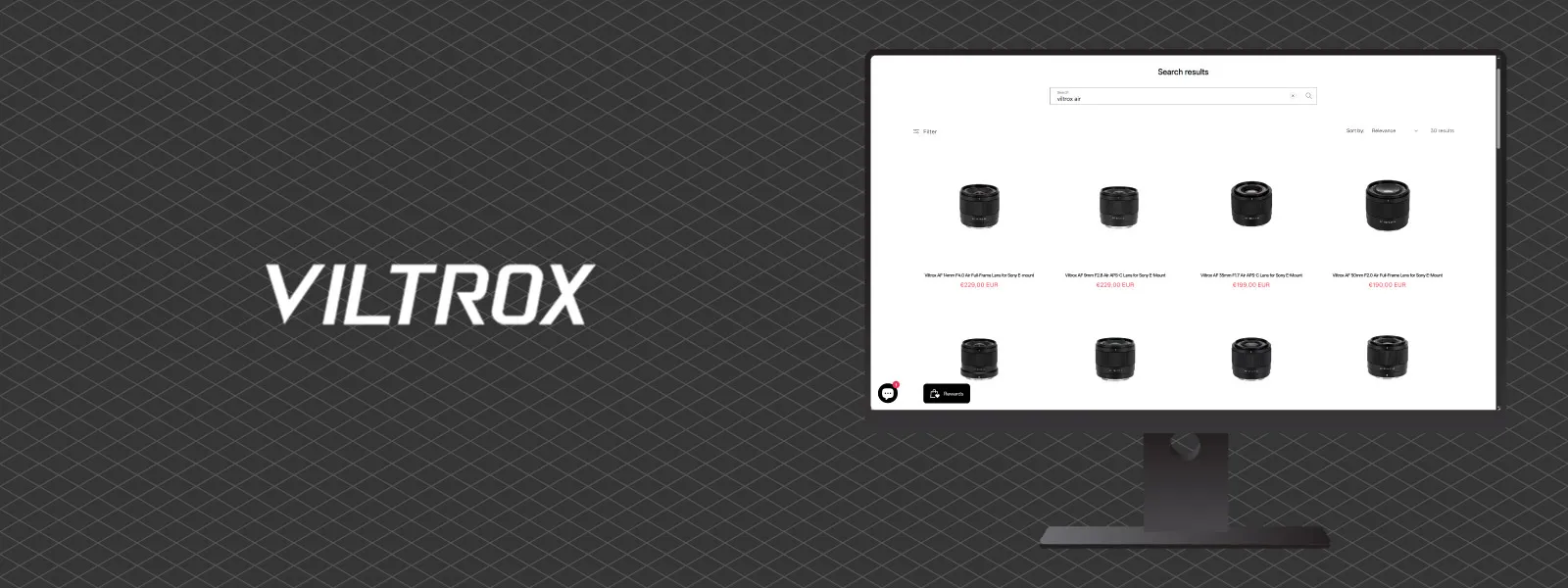 I am a strong advocate for using prime lenses for photogrammetry, as the zoom option can be a nuisance. It is always best not to zoom during a photogrammetric scan, and most lenses do not have a zoom lock feature. Prime lenses often are cheaper and optically superior. And no other manufacturer dominates the current market of affordable high-quality lenses like Viltrox. I would recommend looking at what Viltrox, Tamron, Nikon, and Sony themselves make for their systems in terms of affordable compact prime lenses. I have more concrete recommendations in the next tier.
I am a strong advocate for using prime lenses for photogrammetry, as the zoom option can be a nuisance. It is always best not to zoom during a photogrammetric scan, and most lenses do not have a zoom lock feature. Prime lenses often are cheaper and optically superior. And no other manufacturer dominates the current market of affordable high-quality lenses like Viltrox. I would recommend looking at what Viltrox, Tamron, Nikon, and Sony themselves make for their systems in terms of affordable compact prime lenses. I have more concrete recommendations in the next tier.
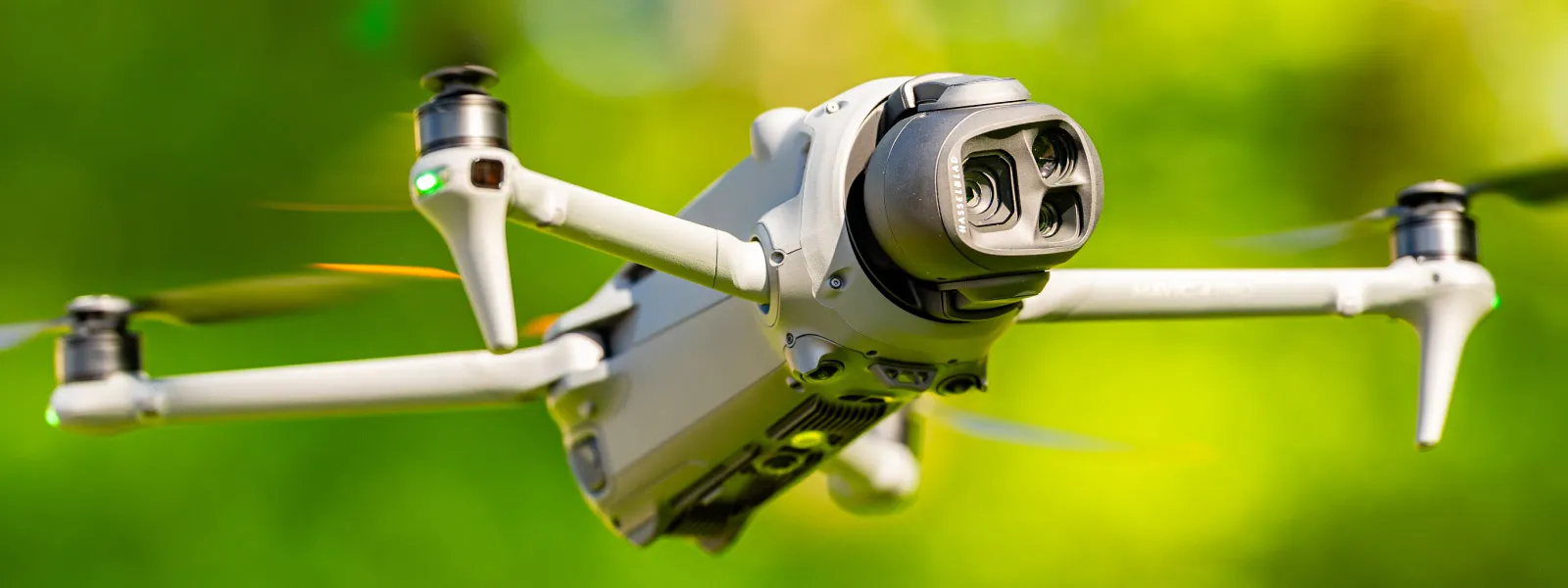 The Mavic 4 Pro is the best premium drone on the market. You can also use it with Pixpro Waypoints. It has the best image quality, and all of its flight characteristics are excellent. A close second would be the DJI Air 3S, and the Mini 5 recommendation remains applicable here due to the convenience of its regulation class.
The Mavic 4 Pro is the best premium drone on the market. You can also use it with Pixpro Waypoints. It has the best image quality, and all of its flight characteristics are excellent. A close second would be the DJI Air 3S, and the Mini 5 recommendation remains applicable here due to the convenience of its regulation class.
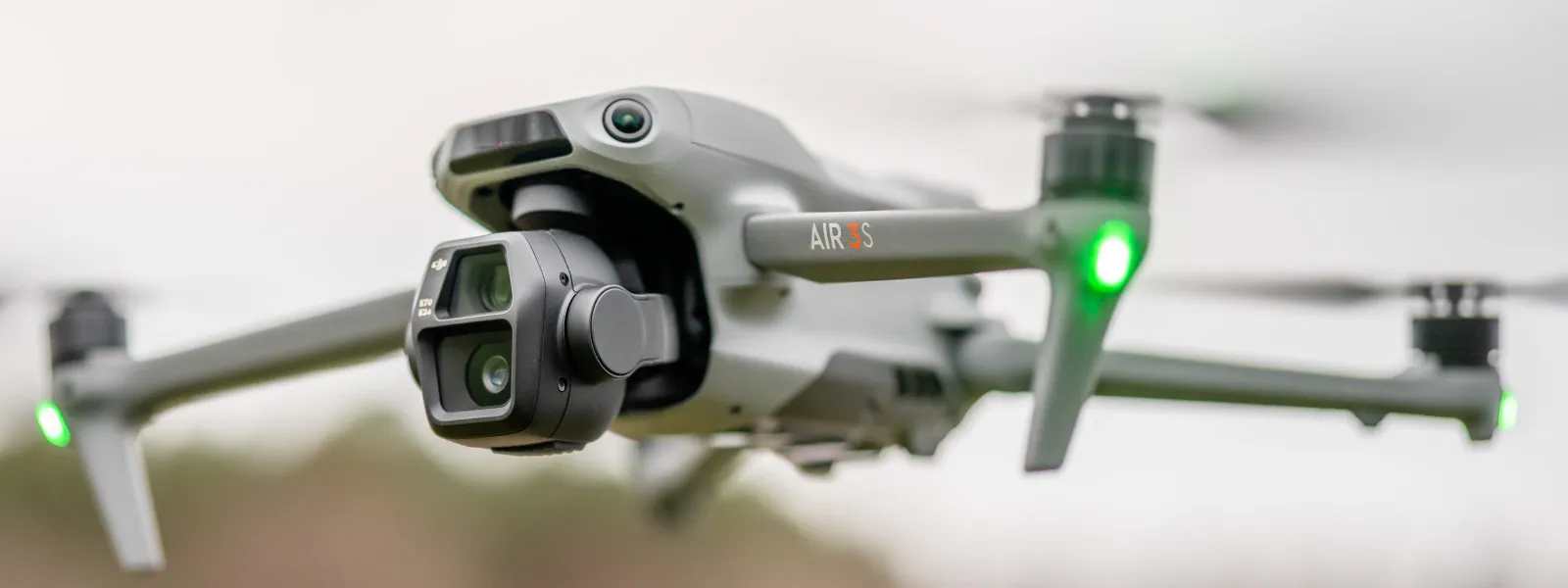 There is one more thing to consider when using the DJI Mavic 4 Pro for professional photogrammetry. It does not have RTK, but it does offer the best image quality on the market in a reasonably priced package. To make the results survey-grade, we would need to use GCPs, which would require getting an RTK rover and collecting GCPs every time we need great absolute accuracy. RTK rovers are becoming increasingly affordable these days, so I wanted to mention that. And remember - GCPs are always more accurate than photo RTK data.
There is one more thing to consider when using the DJI Mavic 4 Pro for professional photogrammetry. It does not have RTK, but it does offer the best image quality on the market in a reasonably priced package. To make the results survey-grade, we would need to use GCPs, which would require getting an RTK rover and collecting GCPs every time we need great absolute accuracy. RTK rovers are becoming increasingly affordable these days, so I wanted to mention that. And remember - GCPs are always more accurate than photo RTK data.
Unlimited Budget Best of The Best
Unlimited, in my book, does not mean unreasonable, so I will not be recommending ridiculous, over-the-top gear here. For terrestrial capture, a modern full-frame camera with a decent lens is sufficient for photogrammetry, barring other accessories such as lighting equipment or control rigs for special use cases. My recommendation would be any high-resolution camera body (anything with more than 40 megapixels falls into this category) and a couple of inexpensive yet high-quality prime lenses with autofocus. A few examples:
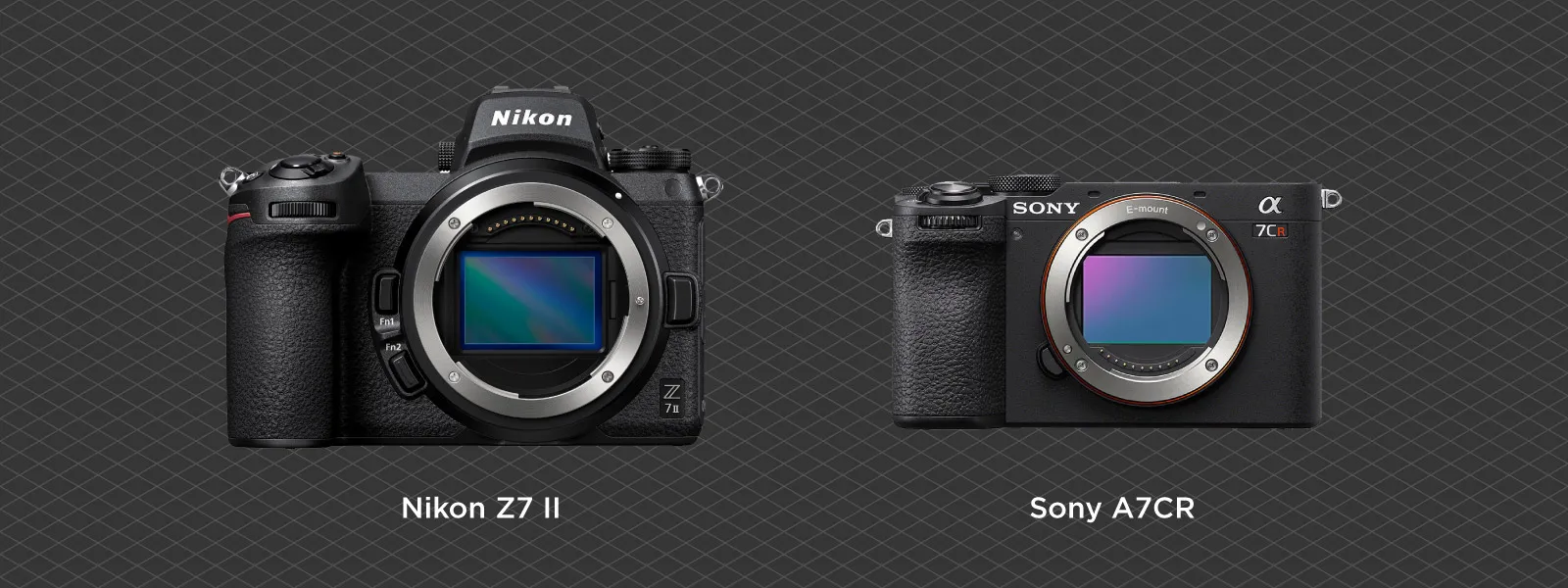 Nikon Z7 Mark II is hard to beat. Sony A7CR is the most compact, high-resolution choice. Pair these with Viltrox Air series prime lenses, such as the 50 mm f/2, 20 mm f/2.8, or 14 mm f/4, and you’re 90 percent of the way to achieving ultimate imaging quality. Pricier options would be nice, but are not necessary.
Nikon Z7 Mark II is hard to beat. Sony A7CR is the most compact, high-resolution choice. Pair these with Viltrox Air series prime lenses, such as the 50 mm f/2, 20 mm f/2.8, or 14 mm f/4, and you’re 90 percent of the way to achieving ultimate imaging quality. Pricier options would be nice, but are not necessary.
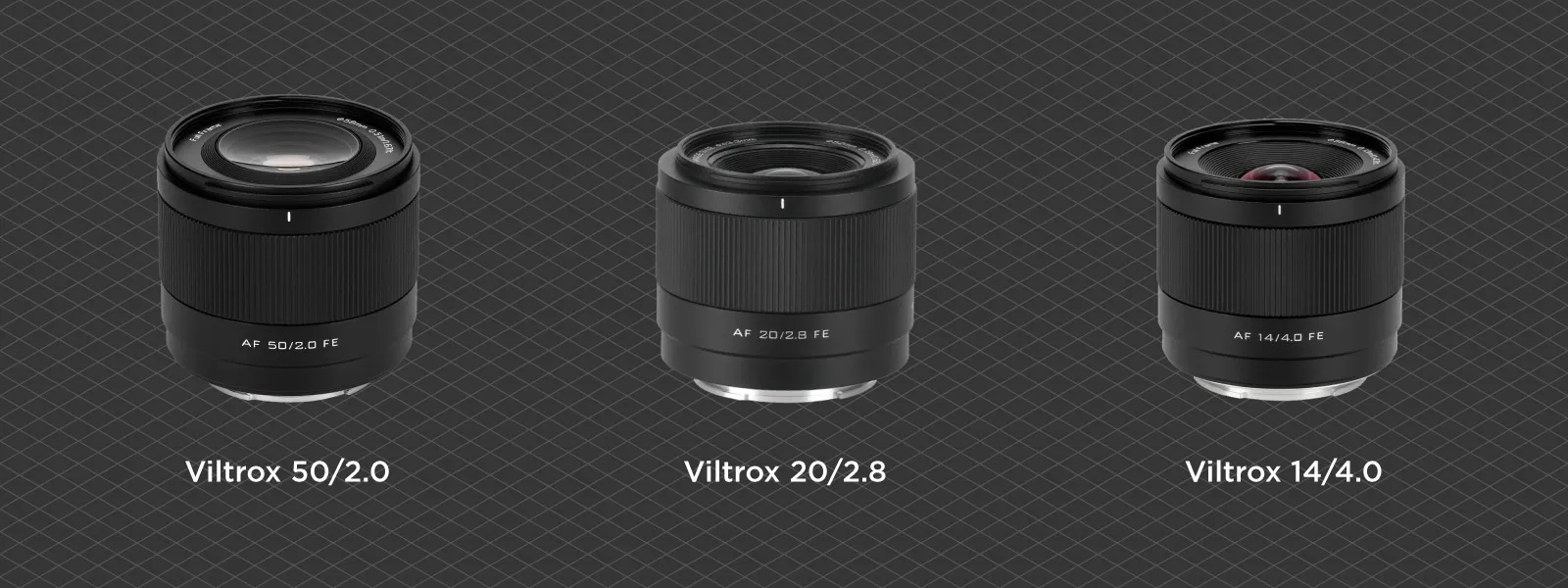 To be honest, the difference between full-frame cameras from different manufacturers is negligible when it comes to still photography. The Sony E and Nikon Z mounts greatly benefit from having access to third-party lenses, such as those made by Viltrox or Tamron, making those systems the most attractive in my opinion. Canon has banished third-party lens makers, and the L mount used by Panasonic is just not as popular.
To be honest, the difference between full-frame cameras from different manufacturers is negligible when it comes to still photography. The Sony E and Nikon Z mounts greatly benefit from having access to third-party lenses, such as those made by Viltrox or Tamron, making those systems the most attractive in my opinion. Canon has banished third-party lens makers, and the L mount used by Panasonic is just not as popular.
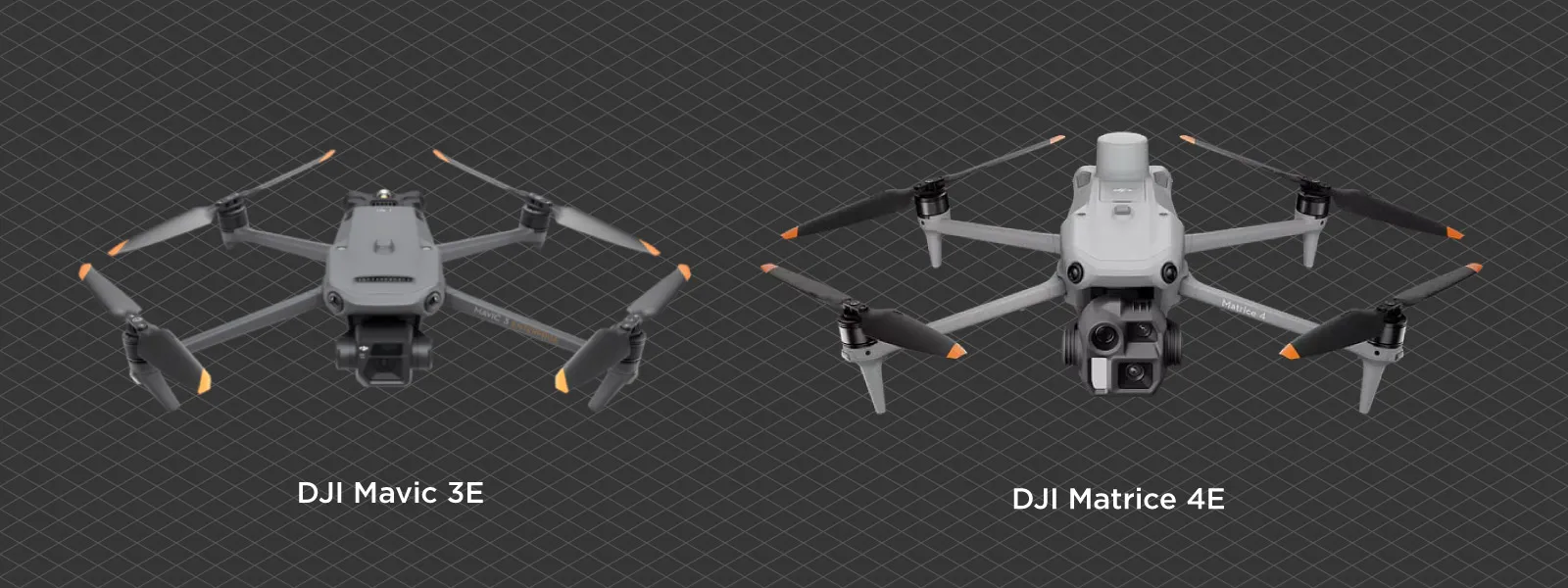 For aerial capture, we arrive at the enterprise drone level, and there are only a couple of real options to consider - the DJI Matrice 4E. It features an integrated RTK module, mechanical shutter, and the same sensor as the Mavic 3E. Mavic 3E itself is the second option without any real compromises when purchased with all the accessories (the Plus combo). Both of these are very expensive, but they are the best we have. From an image quality standpoint, both will be the same, and a slight downgrade from the Mavic 4 Pro, but RTK may be necessary in some professional workflows, and flight planning solutions are integrated with the remote.
For aerial capture, we arrive at the enterprise drone level, and there are only a couple of real options to consider - the DJI Matrice 4E. It features an integrated RTK module, mechanical shutter, and the same sensor as the Mavic 3E. Mavic 3E itself is the second option without any real compromises when purchased with all the accessories (the Plus combo). Both of these are very expensive, but they are the best we have. From an image quality standpoint, both will be the same, and a slight downgrade from the Mavic 4 Pro, but RTK may be necessary in some professional workflows, and flight planning solutions are integrated with the remote.
Conclusion
Photogrammetry is more accessible than ever, regardless of your budget. For handheld scanning, you can begin with the smartphone you already own, and upgrade to a dedicated camera when you are ready to take things further. While aerial photogrammetry can seem daunting, DJI’s product line ensures there is an option for every tier, from entry-level to enterprise. Although the market is dominated by one major player, the range of choices is pretty good, and anyone can get started and achieve impressive results.

Photographer - Drone Pilot - Photogrammetrist. Years of experience in gathering data for photogrammetry projects, client support and consultations, software testing, and working with development and marketing teams. Feel free to contact me via Pixpro Discord or email (l.zmejevskis@pix-pro.com) if you have any questions about our blog.
Related Blog Posts
Our Related Posts
All of our tools and technologies are designed, modified and updated keeping your needs in mind
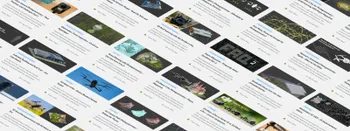
Photogrammetry 202 - Pixpro Blog Index
In our final blog post of the year, we are indexing Pixpro photogrammetry blog posts from the last two years. After publishing regularly for a while, things tend to scatter: posts about workflows, Pixpro features, hardware tests, random experiments, use cases, comparisons.

Travel Photogrammetry - More Fun than 2D Photos
Sometimes a 2D photo does not do justice to a moment or a place, and you wish you had something more… dimensional. Something that captures shape, texture, and the little details that flat images tend to flatten even more.

Top 10 Photogrammetry Misconceptions
There are many misconceptions about photogrammetry, especially for those just getting into it. That is entirely understandable. This field is not exactly mainstream, and it blends elements of photography, surveying, modeling, and data processing — so confusion is common.
Ready to get started with your project?
You can choose from our three different plans or ask for a custom solution where you can process as many photos as you like!
Free 14-day trial. Cancel any time.
.svg@webp)